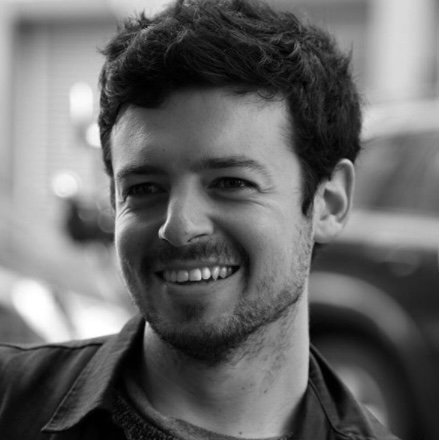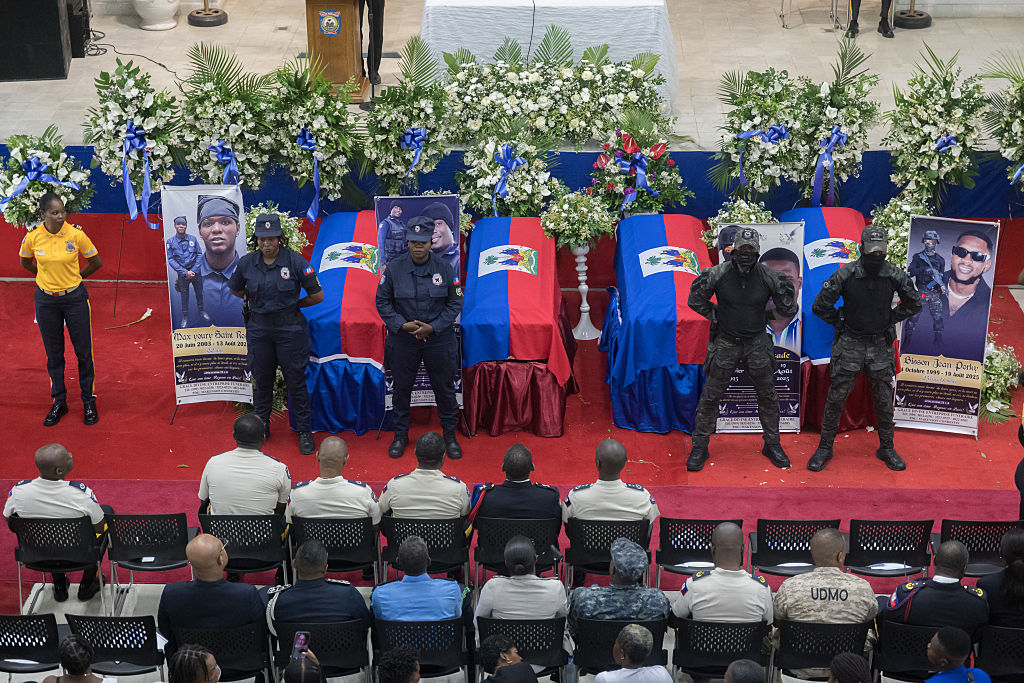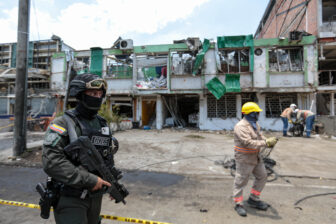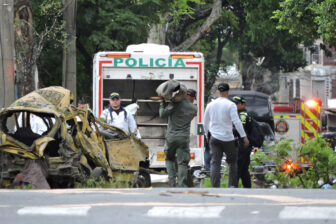The words used to describe Haiti—collapse, hell, disaster—have lost their power. Yet the facts remain devastating. Between January and May 2025 alone, Haiti recorded more than 4,000 homicides, a 24% rise from the year before, and over 1.3 million people—more than one in ten Haitians—are now displaced within their own country, half of them children.
Haiti’s crisis, the most acute one linked to criminal groups worldwide, resists easy categorization, and that ambiguity has proved deadly. This is not a conventional armed conflict, nor an insurgency. But the scale of violence, dislocation and forced displacement rivals that of civil wars elsewhere. Haiti has become something more elusive: a state where criminal groups usurp sovereignty, while national and international authorities hesitate, unable to design mandates that confront the political economy of organized crime head-on.
What Haiti is experiencing cannot be reduced to “gang violence” anymore. Criminal groups have built a system of governance that fragments the country and erodes the authority of the state. In Port-au-Prince, where 90% of the city is under gang control, and in a growing number of provinces, their expansion follows a cycle of coordination, assault and consolidation. Each stage is accompanied by massacres, looting and systematic sexual violence.
Once entrenched, gangs influence daily life. Their power mainly comes from enforcing rules and running a mafia-style protection racket. For tens of thousands of Haitians, paying fees to move goods, run businesses, or just cross provinces is now a common expense. This routinization reflects the consolidation of a parallel administrative and political order. Gangs are not just predators; they act as de facto sovereigns that grant—and deny—permission to live and work. By mid-year, gangs were earning between $60 million and $75 million annually from extorting container transports alone, according to the Haitian Ministry of Economy. Criminal control has thus become multidimensional: economic, territorial and social, tightening like a tourniquet and cutting off state influence.
Despite the harsh and overwhelming reality, the country and its institutions have the capacity to break free from this cycle and turn a new page toward a more civilized society and a functional, state-led democracy. Although recent events indicate that the window of opportunity is narrow, an integral strategy anchored on a pact among the country’s political, social and economic forces can be put into action. A gathering of national leaders and international organizations may also offer the necessary conditions to find a consensus-based way out.
Vigilante brigades, outsourced security, and cycles of revenge
Over the past years, the spread of gang rule has fueled the proliferation of self-defense brigades. Created to protect communities and massively supported by the population, brigades now provide indispensable operational support to the overstretched and outgunned Haitian police. Authorities, desperate to hold ground, have promoted this collaboration.
In practice, this means the government is outsourcing public security to armed civilians, further blurring the line between state and non-state armed actors, with a long-term risk: Many of today’s gangs began as community defense groups.
Even more concerning in the short term, Haiti is sinking into cycles of reprisals against civilians. These human rights violations, which include several massacres in recent months, have been committed by gangs and certain vigilante groups, transforming entire communities into “enemies.” Neighborhood by neighborhood, village by village, civilians may be targeted simply by association: Residing in or originating from an area controlled by a gang or a brigade is enough to be labeled a suspect or affiliate of one side, justifying reprisals.
For hundreds of thousands of Haitians who have lived under gang rule for years, these imposed affiliations may endure long after the conflict, perpetuating exclusion and stigmatization. These dynamics—underreported, yet fundamental—must be central to any future demobilization, reconciliation and reintegration effort.
Political and security vacuum
As the violent order consolidates, Haiti’s political institutions remain paralyzed. The Transitional Presidential Council, established in April 2024 to oversee the country until elections, is in an intractable situation. Elections planned for November are unrealistic, and in the current climate could spark uncontrollable violence. Yet, no plan exists for the period after the Council’s mandate expires in February 2026.
This vacuum is mirrored in international engagement. The UN and the OAS have announced ambitious plans, but a consensus remains elusive, while the Kenyan-led Multinational Security Support (MSS) mission’s mandate is set to end on October 2. Without guaranteed renewal and funding, hampered by a vague mandate and poor coordination with Haitian institutions, the mission, deployed in June of last year, risks becoming a tragic wasted opportunity.
In the absence of a coherent national strategy, Haiti’s security sector is splintering under the weight of mistrust. The government has turned to privatized and militarized, isolated responses. Since March, “attack” drones have been deployed almost daily in Port-au-Prince, allegedly killing hundreds of gang members. Yet, the absence of an official recount, and the silence on potential civilian casualties imply entire neighborhoods are treated as targets—a precedent with serious humanitarian and legal implications.
Moreover, the government’s decision to contract Vectus Global, a private U.S.-based military company owned by Erik Prince, further marginalizes the Haitian National Police. Such outsourcing not only undermines the ongoing rebuilding of public security institutions but also accelerates fragmentation and corrodes state legitimacy.
Naming the crisis, owning a response
Meeting Haiti’s challenge demands not half-measures, but clarity of purpose and genuine political will.
First, all security measures and actions must be coordinated and carried out by the government. Beyond sporadic interventions, a sustained and adaptive presence is needed in Port-au-Prince and key provinces to restore authority, protect infrastructure, and free communities. At the same time, the mandates bestowed on the authorities should explicitly recognize the political economy of crime as a central challenge. It is essential to confront the networks that sustain and empower the gangs—including those that supply them with firearms, primarily from the U.S. market, despite the existing embargo.
But the new strategy must be integral. Breaking Haiti’s cycle of violence hinges on one precondition: a genuine pact among the country’s political, social and economic forces on its future. Without it, spoilers will continue to fund armed groups to defend narrow interests, and any attempt at stabilization will collapse.
Ultimately, demobilization must be accompanied by reconciliation. Beyond disarming fighters, programs should address stigma, cycles of revenge, and the reintegration of civilians who have suffered human rights violations, including gender-based and sexual violence, with mediation mechanisms to rebuild the social fabric.
Haiti cannot afford another patchwork of parallel plans—ambitious on paper but fragile in practice. Over the past 18 months, a proliferation of parallel tracks and roadmaps has generated fragmentation and competition. The moment has now come to foster convergence and build consensus around a single, agreed framework.
A possibility could be the convening of a multilateral summit that brings together Haitian political actors—including the Transitional Presidential Council and the government—alongside key international partners such as the OAS, CARICOM, UN agencies, development banks and partner governments, as well as Haitian and international civil society representatives.
The aim would be to reach consensus on a unified roadmap addressing security, development, and political transition, underpinned by binding commitments from all parties. While the format may vary—from high-level plenary sessions to a dedicated donors’ conference—the central objective should remain clear: the adoption of a coherent, shared political strategy, matched with the necessary financial commitments to ensure its implementation.
Haiti is a warning. The spread of criminal governance and the levels of violence will reverberate far beyond the country. Haiti does not need more metaphors. It needs clarity, strategy and action—before it is too late.









